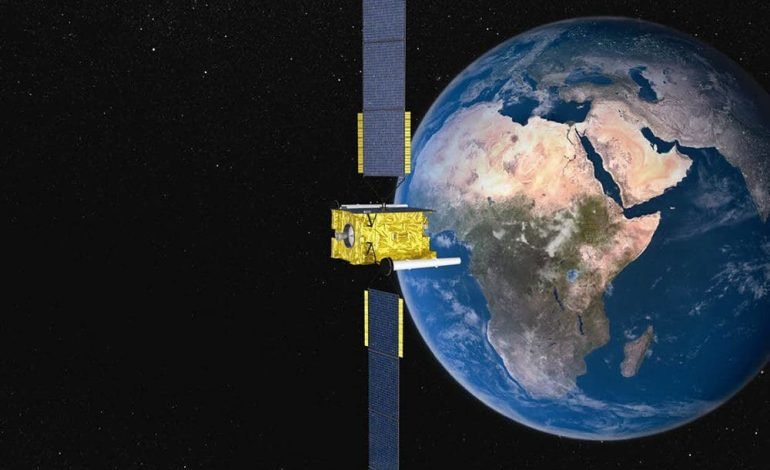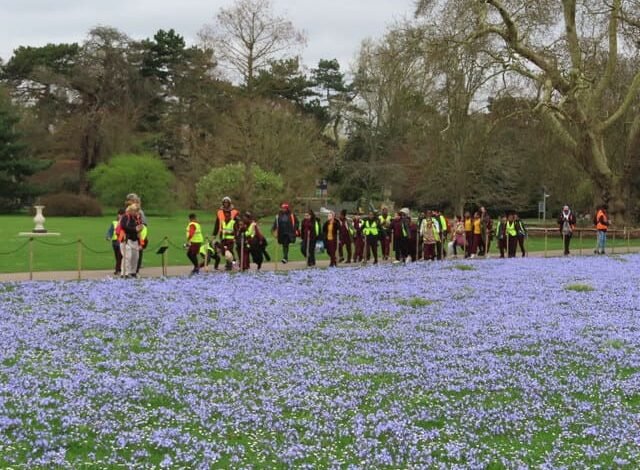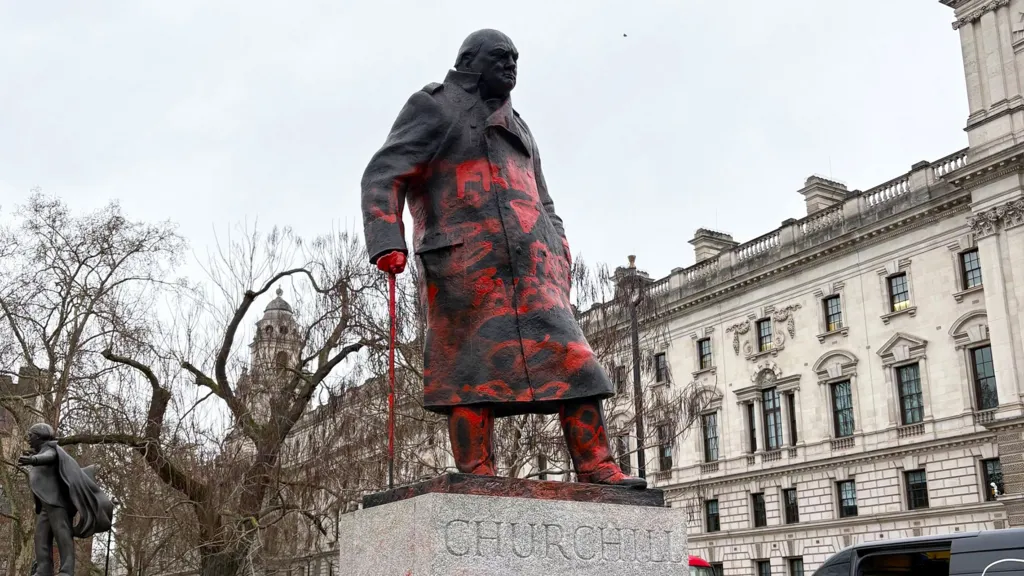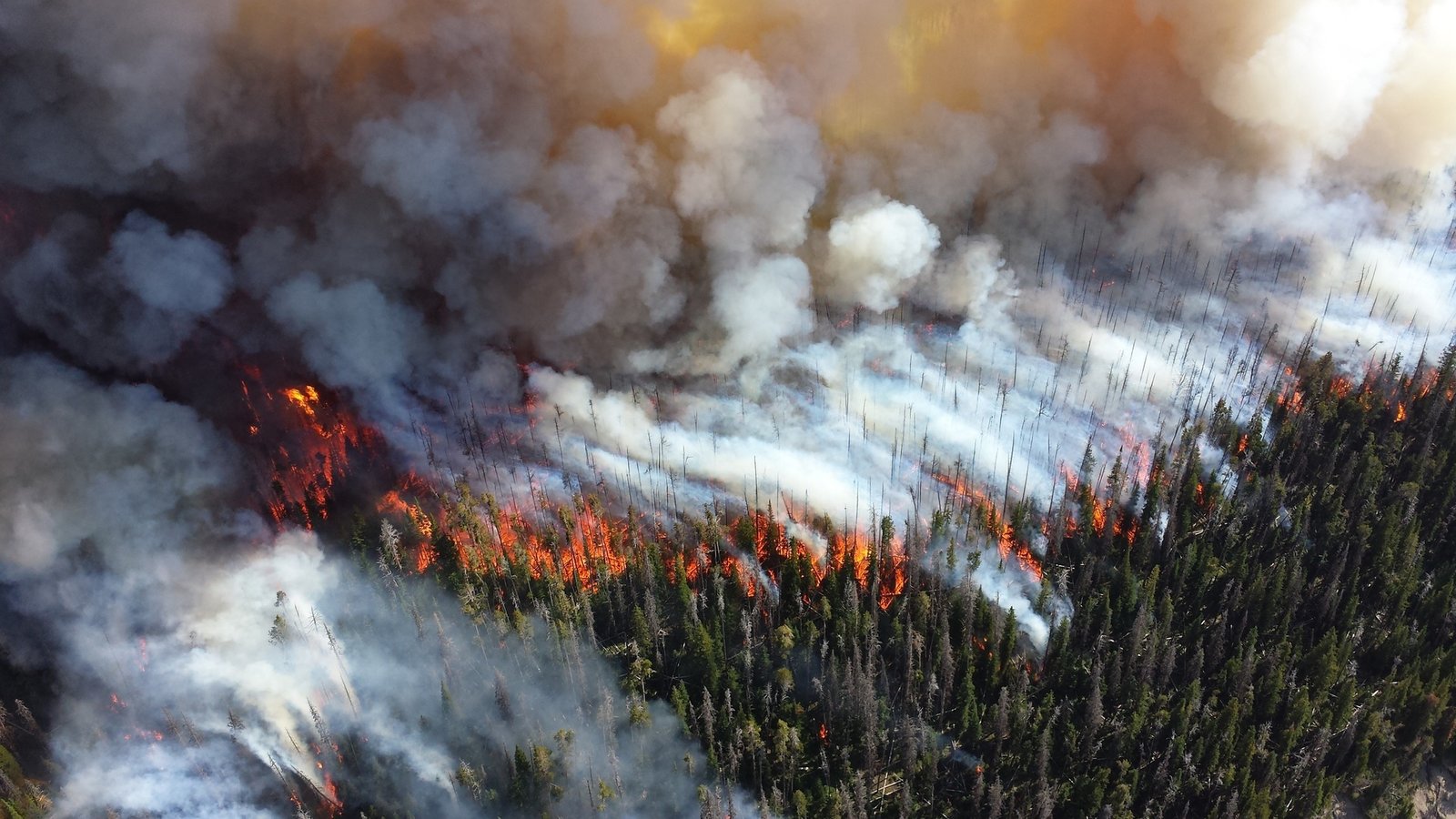Biden’s Last Push and Trump’s Arrival: The Ukraine-Russia Conflict Heats Up

What would a global conflict look like in 2025? That question looms larger as the Ukraine-Russia war, now in its 1000th day, takes centre stage in international politics once again. This week has been a seismic one: Western powers doubled down on military aid to Ukraine, Russia upped its nuclear rhetoric, and the impending US presidential transition began shaping the global narrative.
The week started with a bang—literally—as Ukraine fired US-made ATACMS missiles into Russia’s Bryansk region. This marked a major policy shift for Washington, which had previously limited Ukraine’s use of these missiles to its own borders. Shortly after, British-supplied Storm Shadow missiles targeted Russia’s Kursk region, further signalling Western commitment to Ukraine. If that wasn’t enough, President Joe Biden capped off his week of support by green-lighting anti-personnel landmines for Ukraine’s eastern frontlines.
Why the sudden rush of aid? With Donald Trump set to enter the White House in January, Biden appears determined to provide Ukraine with as much military support as possible before the incoming administration reshapes US foreign policy. Trump’s campaign promises to end the war within “24 hours” suggest compromises, likely at Ukraine’s expense, including territorial concessions in the Donbas and Crimea.
???? Anti-Personnel Mines to be Delivered to Ukraine
Explore how the delivery of anti-personnel mines is impacting Ukraine’s defence strategy.
Read the story
???? Elon Musk Joins Trump Call with Zelenskyy
Uncover the details of Elon Musk’s involvement in key discussions about Ukraine’s future.
Read the story
???? War Wilding: Ukraine’s Ecological Revival
Discover how nature is reclaiming war-torn landscapes in Ukraine, sparking ecological hope.
Read the story
As Western powers bolstered Ukraine, Moscow retaliated with chilling threats. Russian President Vladimir Putin lowered the threshold for nuclear weapon use, declaring that any attack from a non-nuclear state supported by a nuclear power would be treated as a direct assault. The Kremlin then unveiled its latest missile, the Oreshnik, striking Ukraine’s Dnipro with a weapon said to travel ten times the speed of sound. While the Oreshnik’s capabilities are debated, its message is clear: Russia is ready to escalate if pushed further.
Still, Western leaders seem unfazed by Putin’s nuclear “sabre-rattling,” which has become a familiar refrain over the past three years. Analysts believe Russia’s reliance on China as an economic lifeline deters Putin from making good on his nuclear threats. Beijing would undoubtedly condemn any use of such weapons, further isolating Russia on the global stage.
The week also saw North Korea formally align with Russia, deploying troops to support Moscow’s efforts and bringing another nuclear power into the conflict. Kim Jong Un added his voice to the rising tension, claiming that “never before has the threat of nuclear war been greater.”
Despite the escalating stakes, this week’s developments may not signal the war spiralling out of control but rather a race for negotiating leverage. Ukraine’s President Volodymyr Zelensky and his allies have hinted at eventual peace talks, with 2025 floated as a potential timeline for diplomatic resolutions. Former Ukrainian foreign minister Dmytro Kuleba warned, however, that if Trump attempts a rushed settlement, it could damage US credibility just as Biden’s withdrawal from Afghanistan did.
As the conflict teeters on the edge of global ramifications, one thing is clear: the stakes are higher than ever. The West’s continued support for Ukraine, Russia’s aggressive posturing, and Trump’s upcoming presidency all point to a pivotal moment in the war’s trajectory.
In discussing the delivery of anti-personnel mines and other military support to Ukraine, it’s crucial to consider how international aid shapes modern conflict. According to NATO’s official position, the alliance remains steadfast in supporting Ukraine’s sovereignty and security amidst growing global tensions.
Stay informed with EyeOnLondon as we bring you the latest updates and insights into the Ukraine-Russia conflict and international relations. Check back regularly for new stories and expert perspectives!









